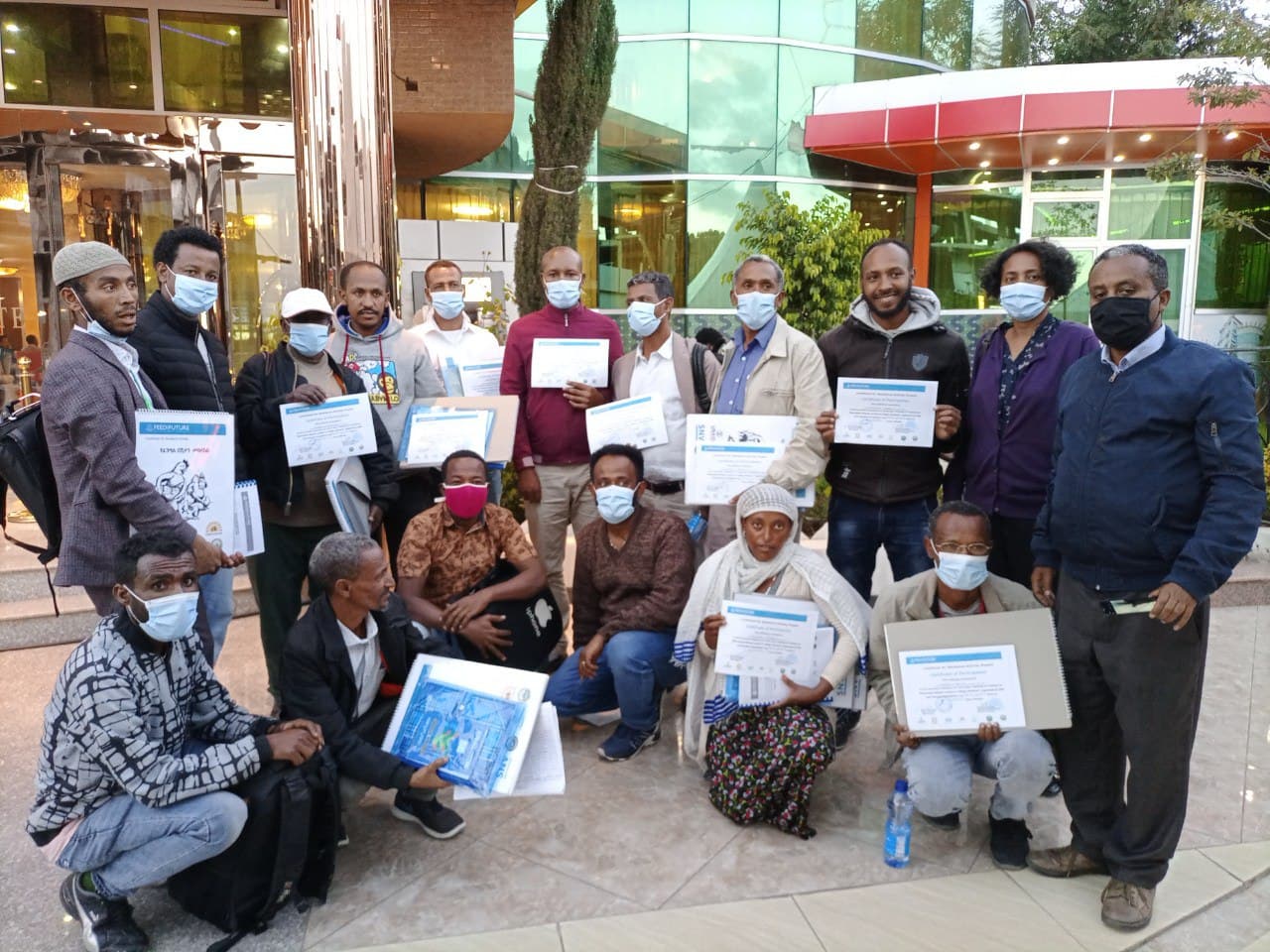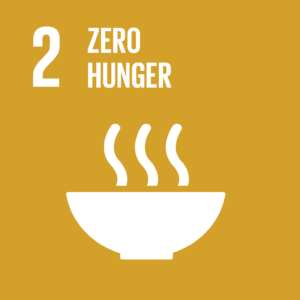Improving poultry health through community animal health workers in Ethiopia
The poultry population in Ethiopia is estimated to be over 60 million, with indigenous chicken breeds comprising about 94% and the rest being hybrid and exotic breeds. As part of its Growth and Transformation Plan II, the Government of Ethiopia designed a Livestock Master Plan (LMP) with an ambitious target of increasing chicken meat and egg production, in order to meet the protein requirements of the nation. To meet this target, there is a strong need for interventions and partnerships to improve the poultry value chain.
From September 2020 to December 2021, Kyeema Foundation worked in partnership with CARE Ethiopia and SNV (Netherlands Development Organisation) on a project to upscale vaccination services against Newcastle disease (ND) in village chickens as part of the USAID Feed the Future Livelihoods for Resilience Activity. The goal was to maximise the number of households participating in regular ND vaccination of their chickens, which means fewer chickens dying and improved nutrition and income generating opportunities at household level. The project piloted a private led vaccination service by equipping, training and supporting community poultry vaccinators, who work with Veterinary Vendors (VV) to vaccinate chickens in their communities.
Where:
Amhara, Sidama and SNNP regions
Status:
Completed December 2021
Supported by:
USAID Feed the Future, Livelihoods for Resilience Activity
The project provided Training of Trainers (TOT) training in ND control for Veterinary Vendors, Zone and Woreda representatives, and NGOs (those partnering in the poultry sector with SNV) in Amhara, Sidama and SNNP. The Veterinary Vendors then engaged 10 community vaccinators in their woreda. An agreed service fee was set for the vaccinators at the end of the TOT meeting in the presence of the Woreda and Zone representatives. Three vaccination campaigns were supported, as per the ND vaccination calendar and as relevant to the common periods of ND outbreaks in each of the regions.
Read more on our blog.
The selected Veterinary Vendor representatives after the Train the Trainers training.
What are we doing?
- Identifying, training and equipping 27 private vet vendors who will each train 10 Community Vaccinators (CVs).
- Improving the effectiveness of the poultry health service by training and equipping 270 CVs.
- Supporting the dissemination of technology to improve the viability and shelf life of the ND vaccine that works at room temperature.
- Improving poultry health access for households.
More importantly, why?
This project is about improving the livelihoods and nutrition of several poultry value chain stakeholders. We hope to see:
- Increased sales of Newcastle disease vaccine by Veterinary Vendors.
- Increased number of households vaccinating against Newcastle disease so as to support decreased chicken mortality, increased flock sizes, and increased sale and consumption of chicken and eggs at household level.
- Increased Community Vaccinator income per vaccination campaign.
Will this work contribute to ongoing change?
Our commitment is working with local agencies and government to ensure the long-term sustainability of our project, even after funding ends in order to promote a sustainable model of Newcastle disease control for improved livelihoods in Ethiopia. We measure our outcomes against indicators set out for the specific globally recognised sustainable development goals for 2030.
We measure our outcomes against indicators set out for the specific globally recognised sustainable development goals for 2030





